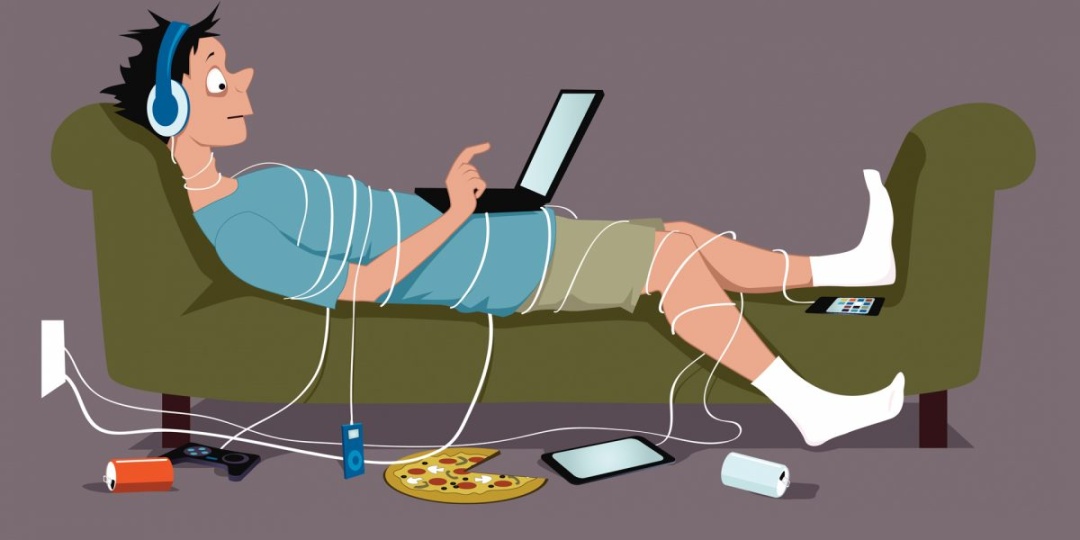
Following the completion and circulation of the ENERGISE conceptual framework in July 2017, Work Package 1 leaders at LMU Munich have now switched their focus to further investigating energy-related practice cultures, including the diverse meanings attached to the performance of practices as well as variations in rebound effects and sufficiency thinking. These tend to occur both within and between countries, with ENERGISE’s focus on 10 countries offering an ideal basis for investigation.
The benefits of technological progress in recent years have allowed households to attain increasingly higher standards of living, entertainment and comfort through increases in energy efficiency. However, the guiding principle of this approach has been to consistently achieve increased output per unit input without questioning whether or not the consumption of such output is necessary or even in fact desirable. Here, the taken-for-granted nature and habitual performance of energy-related activities may leave little room for sufficiency thinking.
Sufficiency thinking presents an opportunity to challenge standard behavioural economic approaches that assume that more is better. Instead, it opens up the possibility that there is a level of consumption sufficient for living. A closely related question under investigation concerns the challenges attributed to rebound effects whereby energy savings created as a result of ever increasing product efficiency and smarter homes may be reduced or even cancelled out by direct or indirect consumption elsewhere.
A greater understanding of the causes and personal motivations which cause the rebound effects may offer a solution to increasing per capita energy consumption in the EU despite dramatic increases in energy efficiency over the last 50 years. The WP1 team intends to report their progress on these questions at the Third International Conference of the Sustainable Consumption Research and Action Initiative (SCORAI), which will be held at the Copenhagen Business School from June 27-29, 2018.
Eoin Grealis and Henrike Rau, Ludwig-Maximilians-University Munich
Please see related news items on:
ENERGISE sessions at the SCORAI 2018 conference on "Participatory methods towards energy sufficiency"
ENERGISE researchers attended the event on "Eco-sufficiency: moving beyond the gospel of eco-efficiency "